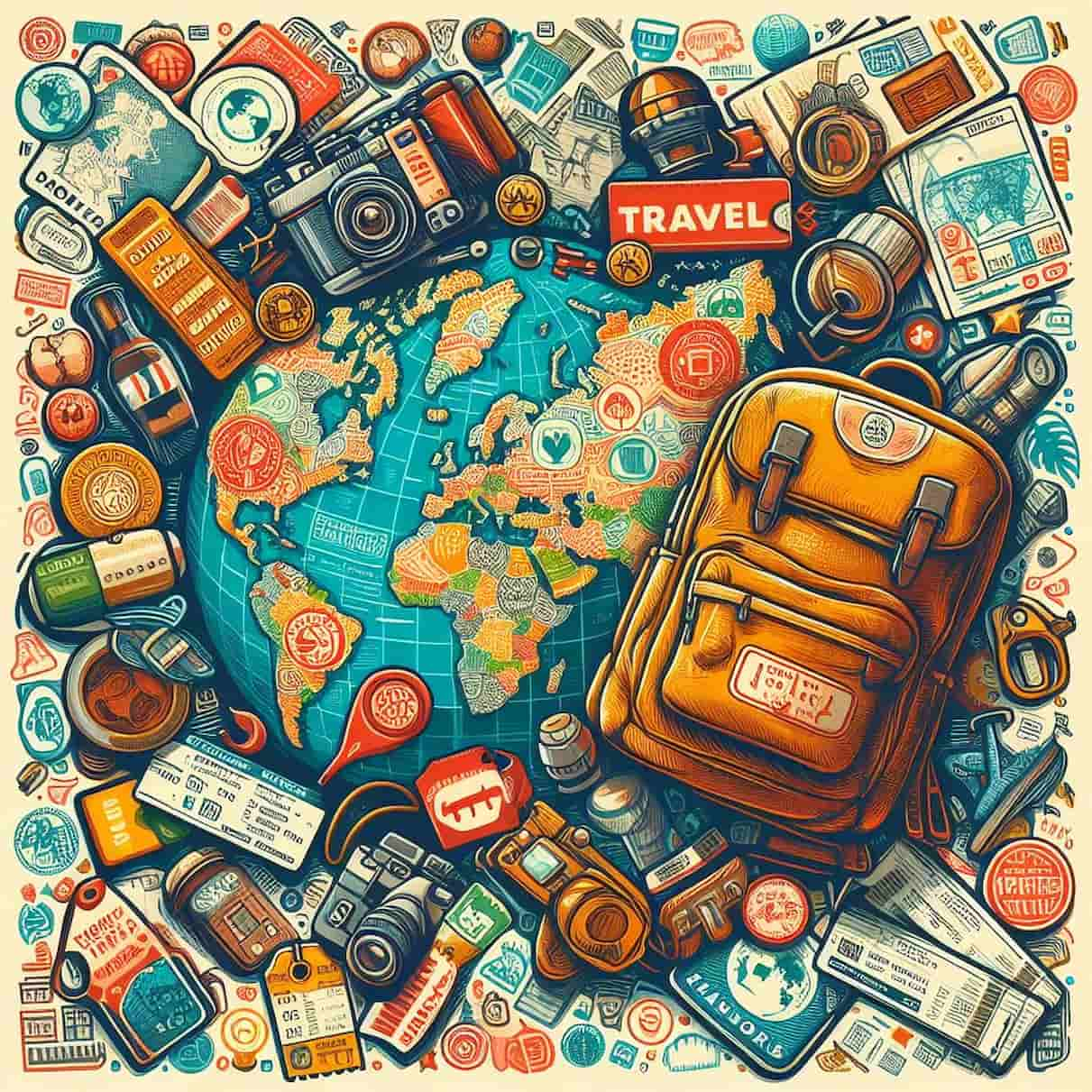In the discourse surrounding travel and its environmental implications, several misconceptions often arise. It’s essential to address these misconceptions to foster a more nuanced understanding of the intersection between travel, personal fulfillment, and environmental responsibility.
Key Takeaways:
- Viewing travel solely as a form of consumerism overlooks its cultural and personal enrichment aspects.
- Experiencing different cultures firsthand fosters empathy, understanding, and global citizenship.
- The desire for authentic, immersive experiences motivates travel, challenging the notion that virtual experiences can fully replace real-world encounters.
- Individual lifestyle choices, including travel habits, play a role in environmental impact, but systemic changes are necessary for meaningful progress.
Dispelling Misconceptions:
- Travel as Consumerism: While travel can involve consumption, reducing it to mere consumerism ignores its educational, cultural, and personal growth aspects. Travel fosters empathy, broadens perspectives, and facilitates cross-cultural understanding.
- Authenticity of Experience: Virtual experiences cannot replicate the authenticity and depth of real-world interactions. From tasting local cuisine to engaging with diverse communities, travel offers immersive experiences that enrich personal growth and understanding.
- Environmental Impact: While individual travel contributes to carbon emissions, systemic changes are needed to address the environmental impact of industries like aviation. Blaming individuals overlooks broader structural issues and undermines efforts to advocate for sustainable practices.
- Personal Fulfillment: For many, travel is an integral part of personal fulfillment and self-discovery. Memories and experiences gained through travel contribute to a sense of fulfillment and enrichment that cannot be replicated through virtual means.
Embracing Nuanced Perspectives:
- Balancing Enjoyment and Responsibility: Acknowledging the environmental impact of travel does not diminish its value or significance. Instead, it encourages individuals to consider more sustainable travel practices while still embracing the transformative power of exploration and discovery.
- Cultivating Empathy and Understanding: Travel promotes empathy, tolerance, and cultural exchange, fostering connections that transcend borders and differences. These interpersonal connections contribute to a more empathetic and interconnected global community.
- Advocating for Change: While individuals can adopt more sustainable travel habits, advocating for systemic changes within industries and governments is essential for addressing the environmental impact of travel comprehensively.
Conclusion:
By dispelling misconceptions about travel and its environmental impact, we can foster a more balanced and nuanced dialogue about responsible travel practices. Embracing the transformative power of travel while advocating for sustainability encourages individuals to enjoy the benefits of exploration while also prioritizing environmental stewardship for future generations.















